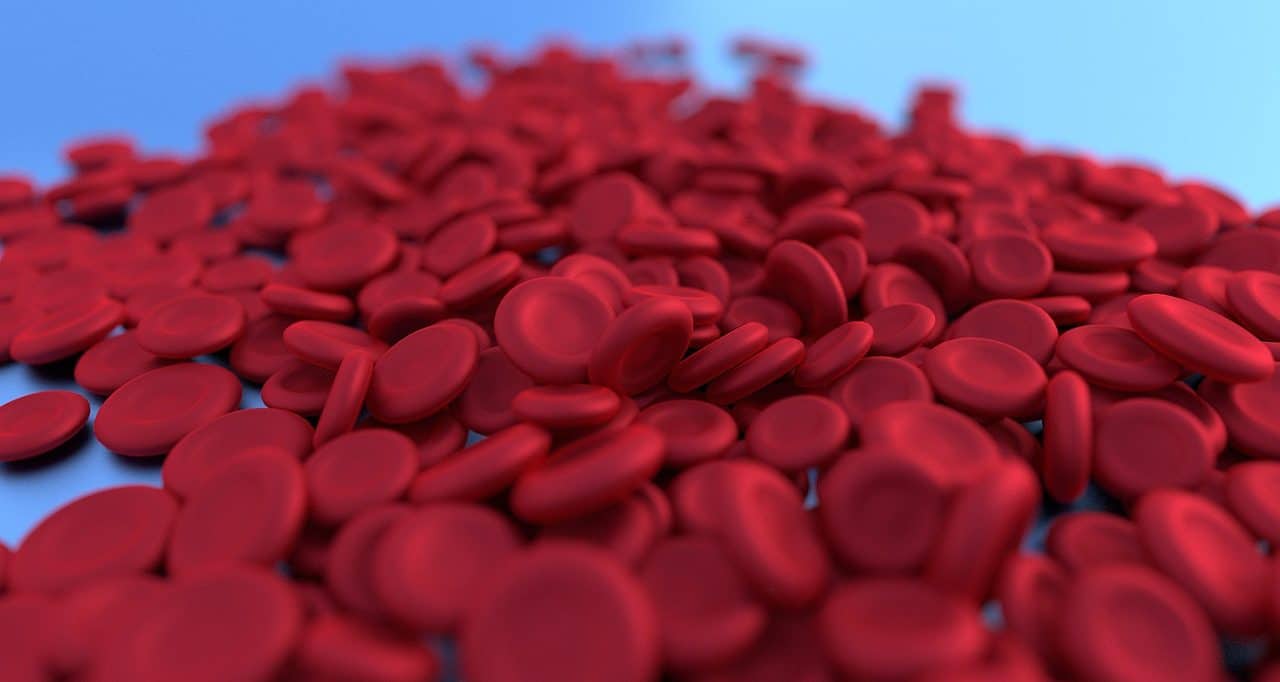
Anemia is a health disorder that causes a lack of energy and strength.
Anemia is a health disorder that involves a reduced level of hemoglobin and usually red blood cells in the bloodstream. According to its etymology, which takes us to the Greek language , the term refers to the "lack of blood."
This pathological state can be detected through a blood test. By studying the fluid in a laboratory, it is possible to detect if the amount of hemoglobin is lower than normal. It is important to keep in mind that anemia is not considered a disease: it is a clinical sign that can appear for various reasons.
Its consequences
When a person has anemia, they may feel like they lack strength and energy and are short of breath. This is because hemoglobin's main function is to transport oxygen to the different organs of the body, in addition to giving the blood cells their characteristic color.
In this way, in the case of anemia, the organs do not access the oxygen they need for their proper functioning.

Who suffers from anemia has a reduced level of red blood cells in the blood.
Anemia and red blood cell production
Although there are several parts of our body that collaborate with the production of red blood cells (also called erythrocytes ), this important task is mainly focused on the bone marrow, the soft tissue found inside the bones and that serves to generate cells. blood.
The lifespan of healthy red blood cells lasts a minimum of ninety and a maximum of one hundred and twenty days. When they reach old age, the body is responsible for eliminating them in different ways. It is then that a hormone generated in the kidneys called erythropoietin emits a signal that reaches the bone marrow and tells it to create more red blood cells.
Nutrient deficiency
Given that to create an acceptable number of red blood cells our body needs certain minerals, nutrients and vitamins , among which folic acid and vitamin B12 stand out, it is correct to say that the lack or insufficiency of any of them is one of the causes of anemia. The reason for this anomaly, in turn, may be one of the following:
- Any alteration in the lining of the intestines or stomach that may affect the way nutrients are absorbed. A very common example is celiac disease , a disease that occurs when the lining of the small intestine is damaged by gluten consumption.
- Deficiency in nutrition . We often downplay the quality or variety of the foods we eat, focusing mainly on satisfying us, but the lack of responsibility in this aspect of our lives is the origin of many disorders, including anemia.
- A surgical intervention to remove part of the intestines or stomach.
In addition to the lack of these nutrients , anemia can arise as a result of the action of some medications, problems in the immune system, the prolongation of diseases such as cancer or rheumatoid arthritis, disorders in pregnancy or a sudden loss of large amounts of blood.
Types of anemia
Iron deficiency is another of the most common causes of anemia. In this case, we speak of iron deficiency anemia and it may be due to bleeding or insufficient consumption of foods with iron . Iron deficiency anemia, for example, can appear in women who experience an alteration in their menstrual cycle.
Due to its characteristics, iron deficiency anemia is part of the so-called non-hemolytic anemias . On the other hand, when anemia is due to a hemolysis disorder that causes a drop in the level of red blood cells, it is classified as hemolytic anemia .
Sickle cell anemia , aplastic anemia , and megaloblastic anemia are other well-known types of this disease.
